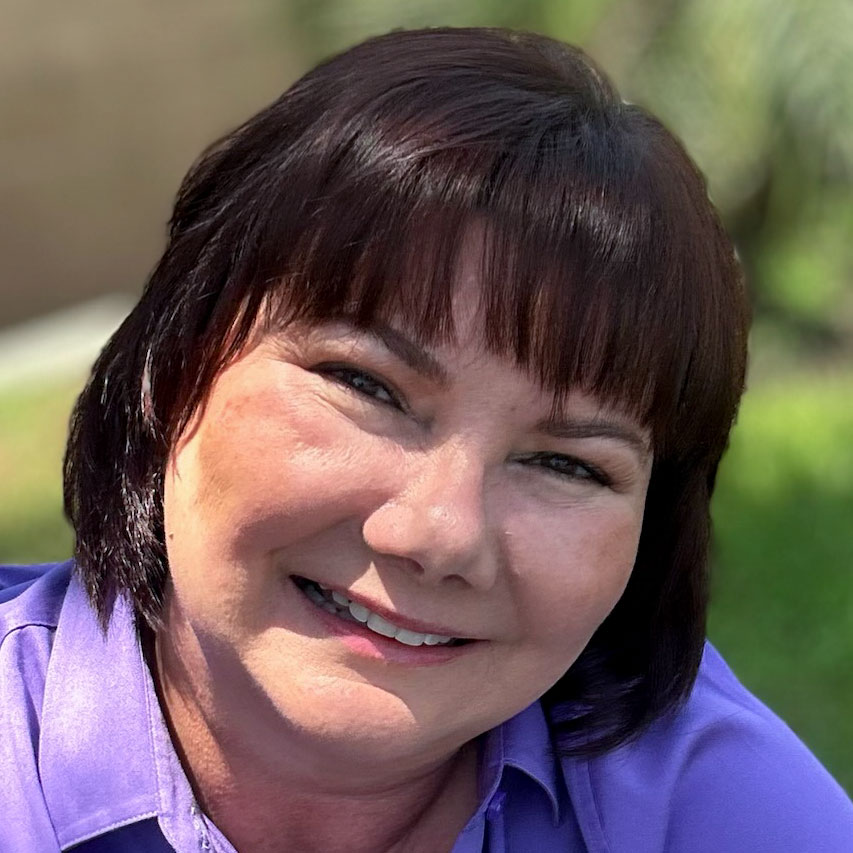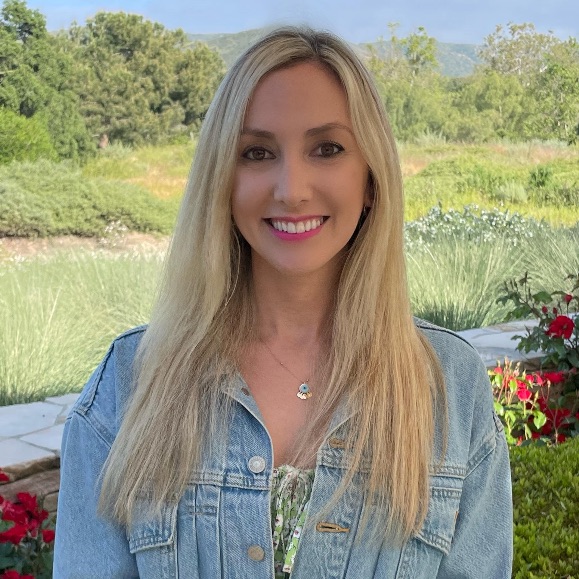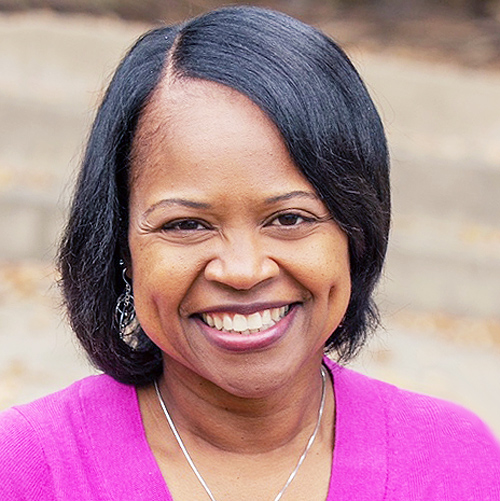Why Local Care Matters for Trauma
Finding trauma therapy in Sacramento can make care more effective by reducing travel stress, supporting consistent attendance, and connecting you with providers who understand local resources and communities. MiResource’s directory lets you filter by
insurance
, availability, and
therapy type
to quickly identify trauma-informed clinicians who fit your schedule and budget. For trauma specifically, look for specialties like EMDR, CPT, Prolonged Exposure, or somatic therapies, and note experience with Post-Traumatic Stress Disorder (PTSD) or complex trauma. Local matches in Sacramento also improve accessibility for in-person sessions and safety planning when triggers arise.
MiResource makes it simple to compare culturally responsive providers in Sacramento, so you can prioritize language, identity alignment, and therapeutic approach that fosters trust and safety. Use filters for evening or weekend appointments, telehealth vs. in-person options, and accepted insurance to minimize wait times and out-of-pocket costs. You can also screen for clinicians with experience in dissociation, attachment trauma, or trauma related to community violence—details that matter for a stable, effective treatment plan. With tailored, local results, MiResource streamlines the path to the right trauma care in Sacramento.
Local Options and Community Programs
Managing trauma can feel overwhelming, but Sacramento has many local supports to help you stay safe, get care quickly, and find ongoing healing. From 24/7 crisis lines and emergency rooms to county behavioral health, trauma-focused clinics, and peer groups, you can connect with services that fit your needs and budget. Many options offer walk-in access, sliding-scale fees, or specialized programs for survivors, youth, and veterans. You’re not alone—local teams are ready to help.
Crisis Support
Public Programs
Nonprofits & Support Groups
Universities & Health Systems
The Advantages of Seeing a Sacramento-Based Therapist
Seeing a Sacramento-based therapist for trauma means working with someone who understands the city’s rhythms—from Midtown’s arts corridors and Oak Park’s resilience to the family-focused feel of Land Park and the growing Natomas community. Local clinicians bring cultural awareness shaped by South Sacramento’s Little Saigon along Stockton Boulevard, the diverse neighborhoods of Arden-Arcade, and LGBTQ+ affirming spaces near the Capitol and Lavender District. They can connect therapy to real places—grounding walks on the American River Parkway, mindful breaks at McKinley Park, or sessions near landmarks like the Tower Bridge and Old Sacramento Waterfront. Many also collaborate with city and county resources, including Sacramento County Behavioral Health Services, the Department of Community Response, and the Sacramento Family Justice Center.
In-person care here is practical and accessible, with RT Light Rail (Blue and Gold Lines) stops at 13th Street, 29th Street, and 8th & K, reliable bus routes, bike-friendly paths, and ample parking along J Street and in DOCO garages by Golden 1 Center. Proximity to Sutter Medical Center and UC Davis Health allows coordinated care for trauma-related medical needs, while community support networks like WEAVE, My Sister’s House, La Familia Counseling Center, and NAMI Sacramento provide wraparound services. Therapists can tailor plans to local stressors—wildfire smoke days, river flood concerns, or campus transitions at Sac State—while helping you build real-world coping routines in your own neighborhood. The result is consistent, face-to-face support that reduces travel friction and strengthens connection to Sacramento’s healing resources.
Holistic Approach to Mental Health in Sacramento
Holistic care means supporting the whole person—mind, body, and environment—so trauma healing includes therapy alongside everyday practices that reduce stress and build resilience. In Sacramento, that might look like pairing counseling with movement and breathwork, restorative sleep routines, and time in calming spaces that help your nervous system reset. This practical, whole-life approach recognizes that what you do between sessions—in your home, neighborhood, and community—matters for recovery.
Here, trauma care can include yoga classes at Zuda Yoga in Midtown or One Flow Yoga in East Sacramento, mindfulness programs through Sacramento Insight Meditation, and integrative services at community wellness clinics like WellSpace Health and La Familia Counseling Center. Reconnecting with nature along the American River Parkway, McKinley Park, or William Land Park, and engaging with culture at the Crocker Art Museum or Midtown’s Second Saturday also support well-being. MiResource helps you find trauma‑informed providers who embrace this Sacramento-specific mix of therapy, complementary practices, and community options—personalized to your neighborhood, schedule, and goals.
What Trauma Means
Trauma
is your mind and body’s response to deeply stressful or frightening experiences, whether from a single event or ongoing harm. It can affect daily life with things like anxiety, trouble sleeping, feeling on edge, or feeling disconnected—and it’s okay to ask for support here in Sacramento.
About the Experience of Trauma
Trauma is a strong emotional and physical reaction to scary, painful, or overwhelming events, and it can happen to anyone here in Sacramento. Common signs include trouble sleeping, feeling on edge, mood swings, nightmares or flashbacks, headaches, or wanting to avoid reminders. It can make daily routines harder, like focusing at work or school, keeping up with chores, or spending time with friends and family. You’re not alone, and support is available to help you feel safer and more steady day by day.
How Therapy Makes a Difference
Evidence-based therapies like Trauma-Focused
CBT
, EMDR, Prolonged
Exposure
, and Cognitive Processing Therapy help reprocess painful memories, reduce flashbacks and hyperarousal, and soften avoidance and shame. Many clients report better sleep, stronger relationships, and a renewed sense of safety and control after consistent treatment. Skilled clinicians offering Trauma therapy in Sacramento provide compassionate, structured care tailored to your pace and goals. With the right fit, therapy transforms survival into healing, restoring confidence and everyday joy.
Inside the Therapy Process
In Sacramento, your first session for trauma therapy focuses on gentle conversation: sharing your story at your pace, clarifying goals, and discussing confidentiality and what feels safe for you. Together, you and your therapist create a personalized treatment plan, choosing evidence-based approaches like trauma-focused CBT, EMDR, Cognitive Processing Therapy, or Prolonged Exposure, and deciding how to measure progress. Ongoing sessions balance skill-building for coping (like grounding and emotion regulation) with carefully paced trauma processing, always guided by your comfort and readiness. Throughout, collaboration is key—you set priorities, give feedback, and adjust the plan with your therapist to ensure care feels supportive and effective.
Answers to Your Questions About Trauma
1. How do I know when it’s time to seek help for Trauma?
If memories, nightmares, or sudden waves of fear keep interrupting your day, sleep, or sense of safety, it may be time to reach out. You might notice avoiding places or people that remind you of what happened, feeling on edge or easily startled, or feeling numb and disconnected from others. When these experiences start affecting work, school, relationships, or your ability to enjoy life in Sacramento, therapy can help you regain balance and control. Seeking support is a strong, caring step toward healing, and you don’t have to do it alone.
2. What if I don’t feel comfortable with my first Trauma therapist in Sacramento?
It’s completely normal if your first trauma therapist in Sacramento doesn’t feel like the right fit—many people try a few before it clicks. The connection and comfort you feel with a therapist can strongly affect progress, so fit really matters. You never need to feel guilty about switching; advocating for your needs is part of the healing process. MiResource makes it easy to compare Sacramento therapists and find someone whose style and approach align with you.
3. How do I explain my Trauma to friends or family?
It’s your choice whether to share about your trauma, and you get to decide how much, when, and with whom—even with close friends or family in Sacramento. Start with what feels safe: you can use general terms (“I went through something hard”) and skip details you don’t want to discuss. Set clear boundaries by saying what kind of support you want (“I just need you to listen,” “Please don’t ask for details,” or “Let’s pause if I look overwhelmed”). If a conversation doesn’t feel supportive, it’s okay to change the subject, take a break, or revisit it later—and you can seek validation from trusted people or local resources when you’re ready.
4. Who can diagnose Trauma in Sacramento?
In Sacramento, psychiatrists, psychologists, and licensed therapists—and sometimes primary care doctors—can diagnose Trauma after a thorough evaluation. Diagnosis typically involves a clinical interview, standardized symptom measures, and ruling out other medical or mental health conditions to determine the right care. MiResource lists only qualified Sacramento providers who are licensed to deliver accurate diagnoses and guide you to appropriate treatment, so you know exactly who to turn to.
5. What causes Trauma?
Trauma can stem from many factors working together, including biology (like stress responses), psychological history, social experiences, and environmental events in your life and community. Each person’s experience in Sacramento is unique, and what feels traumatic can vary widely from one individual to another. Experiencing trauma is not a personal failing or something to be blamed for. If you’re concerned about how trauma is affecting you, reaching out for support in Sacramento can help you find care that fits your needs.
6. What are the biggest misconceptions about Trauma?
Many people think trauma is just a phase or something you can “snap out of,” but it’s a real health condition that affects the brain and body—and recovery takes time and support. Another myth is that trauma means someone is weak; in reality, trauma responses are normal reactions to overwhelming experiences. You don’t need a single “big” event to be impacted—ongoing stress, loss, or adversity can be traumatic, too. If you’re in Sacramento, reaching out for professional help is a strong, healthy step, and you deserve care without shame.













